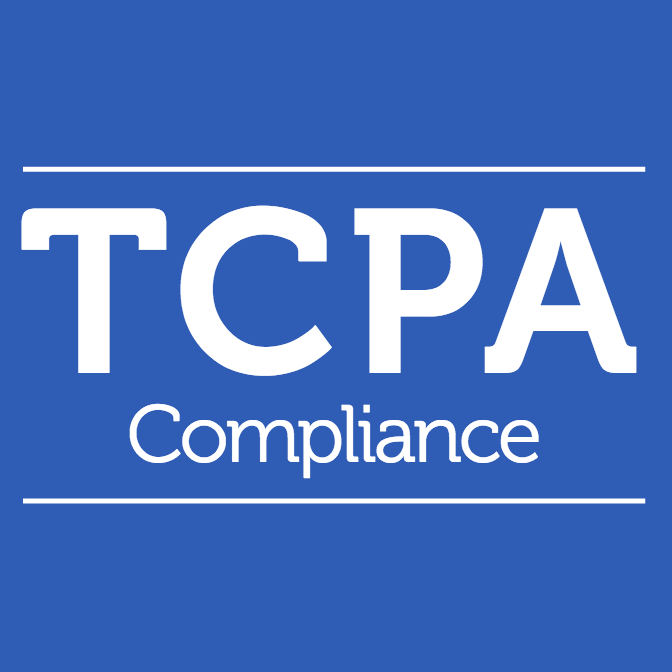The Telephone Consumer Protection Act (TCPA) is one of the most important laws governing how telemarketing companies, call centers, and marketers contact consumers. Originally passed in 1991 and updated many times since, the TCPA sets strict rules for calls, texts, prerecorded messages, and robocalls.
Violations can be costly — with statutory damages of $500 per illegal call or text (and up to $1,500 per willful violation) — so compliance is essential. Here’s a clear summary of the most important rules every telemarketer should know.
1. Respect the National Do Not Call Registry
- Telemarketers must not call numbers on the National Do Not Call Registry unless they have an established business relationship (within the last 18 months) or written consent.
- Companies must scrub their call lists every 31 days against the Registry.
- Consumers can file complaints if they receive calls after 31+ days of registration.
2. Get Prior Express Written Consent for Robocalls and Texts
- Any automated call, prerecorded message, or marketing text to a cell phone requires prior express written consent from the consumer.
- Consent must be clear and conspicuous, and can’t be buried in fine print.
- Consumers must be told they are not required to sign the agreement as a condition of purchase.
3. Honor Internal Do Not Call Requests
- If a consumer asks a company directly to stop calling, that company must maintain an internal do-not-call list and honor the request.
- Internal DNC requests must be honored for at least 5 years.
- Staff must be trained to recognize and process opt-outs.
4. Call Time Restrictions
- Telemarketing calls may only be made between 8 a.m. and 9 p.m. (local time of the consumer).
- Calls outside these hours are prohibited unless the consumer has expressly consented.
5. Identification Requirements
Every telemarketing call must clearly:
- State the name of the individual caller and the company on whose behalf the call is made.
- Provide a telephone number or address at which the company can be contacted.
- Misleading caller ID (“spoofing”) is prohibited under the Truth in Caller ID Act.
6. Abandoned and Predictive Dialer Calls
- If using predictive dialers, abandoned call rates must not exceed 3% of live calls answered by a consumer over a 30-day period.
- A recorded message must play when a call is abandoned, giving the caller’s identity and a callback number.
7. Exemptions and Special Cases
Some types of calls are exempt from certain TCPA rules, including:
- Political calls
- Purely informational or non-commercial calls
- Calls from charities
- Calls to consumers with whom the business has a recent established relationship
However, robocalls and texts to cell phones still generally require consent, even in these cases.
8. Recordkeeping and Proof of Consent
- Telemarketers must be able to prove consent if challenged.
- Keep clear, dated records of opt-ins, web forms, or written agreements.
- Maintain training records to demonstrate compliance efforts.
9. Penalties for Non-Compliance
- Consumers may sue in state or federal court.
- Statutory damages: $500 per violation, $1,500 per willful violation.
- Large class actions have resulted in multi-million-dollar settlements.
Key Takeaways
- Always scrub against the National DNC Registry.
- Always obtain written consent before robocalls or texts.
- Always honor opt-outs immediately.
- Train your staff and maintain records — because regulators and courts will expect proof.
By following these TCPA guidelines, telemarketing companies can reduce risk, protect consumers, and maintain good standing in a heavily regulated industry.
Helpful Resources
- National Do Not Call Registry (donotcall.gov) — official registration and complaint site.
- FCC TCPA Consumer Guide.
- 47 U.S.C. § 227 – Telephone Consumer Protection Act (full text).

